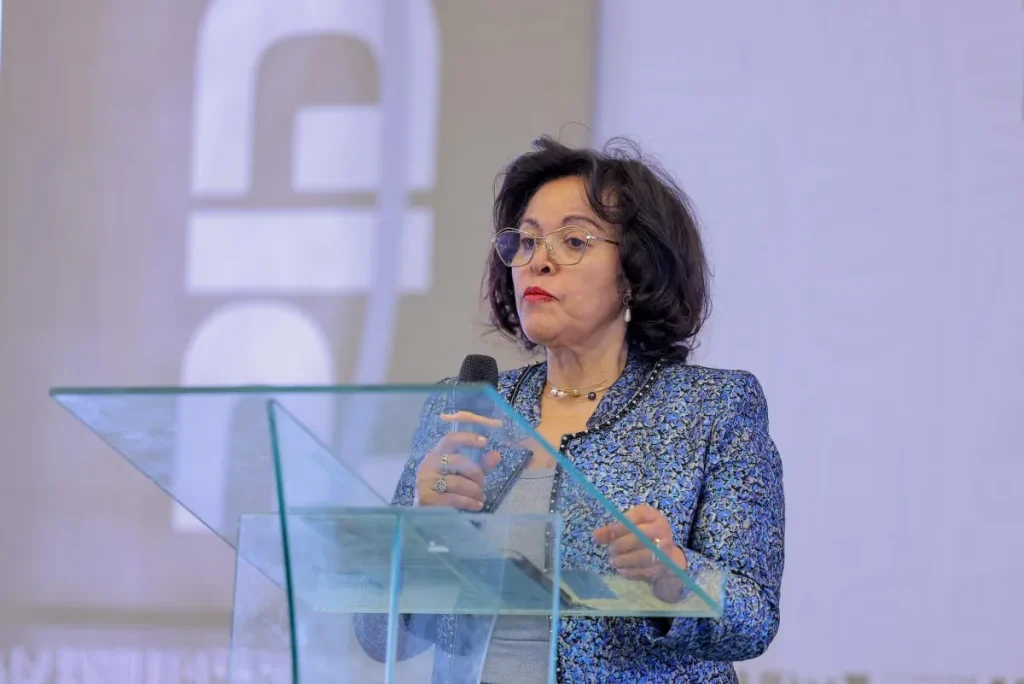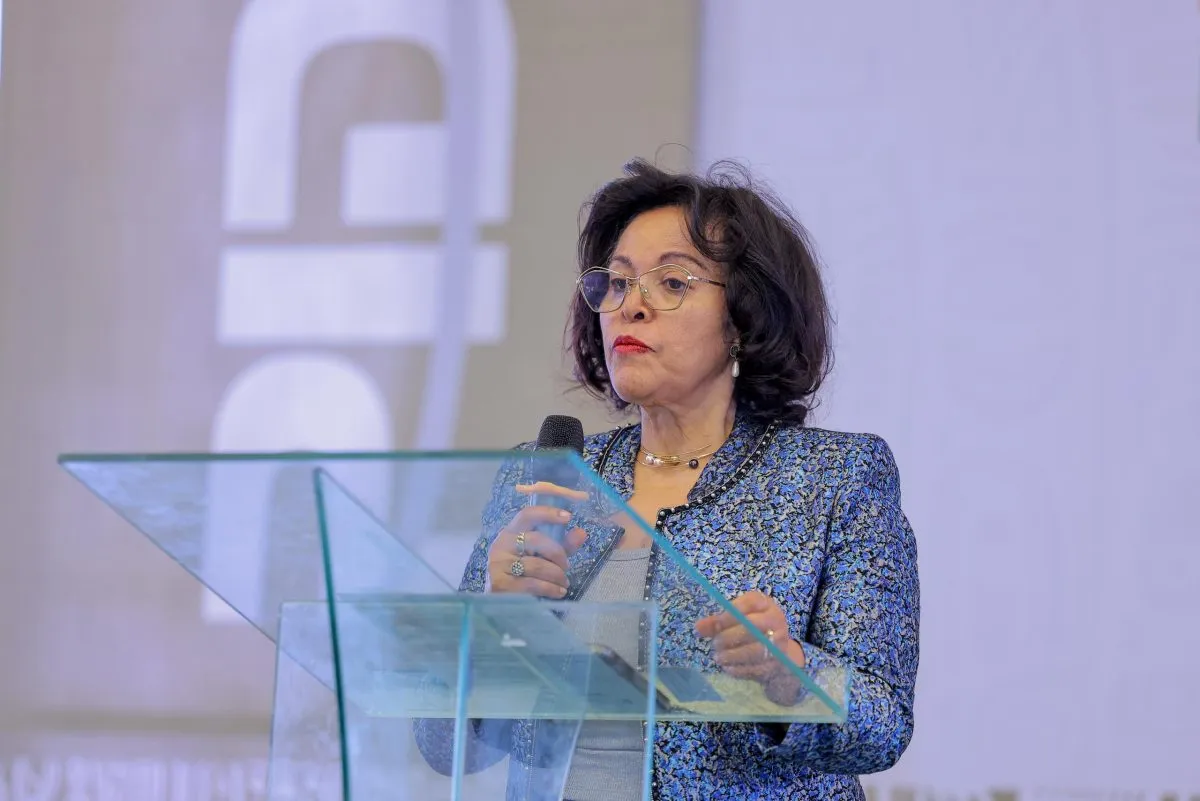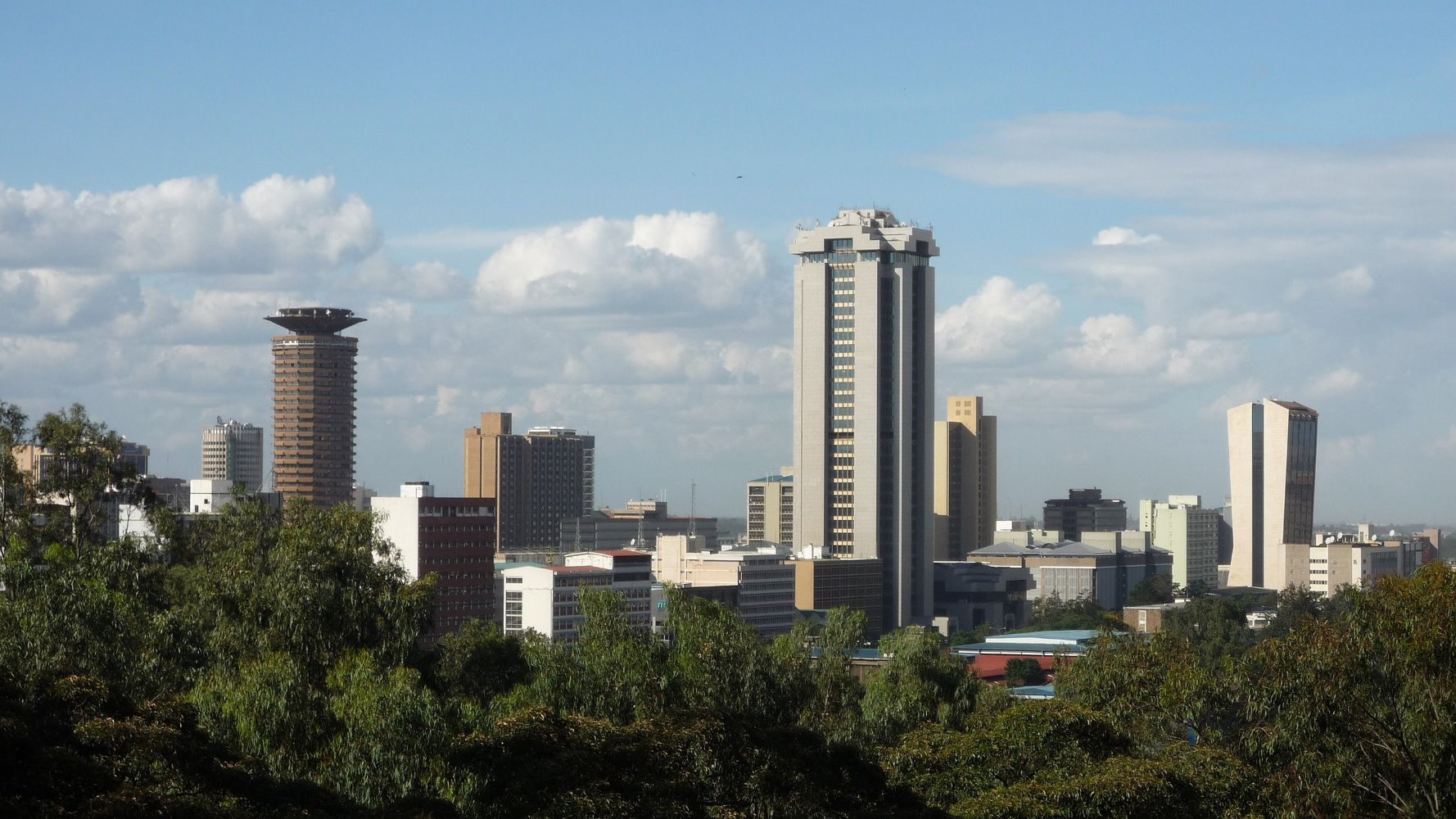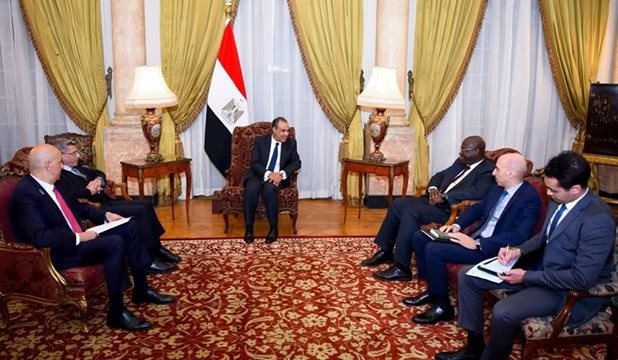The 8th PIDA Week in Addis Ababa illuminated Africa’s infrastructure ambitions, with Nardos Bekele-Thomas, CEO of AUDA-NEPAD, delivering a powerful keynote on driving transformation through regional integration and sustainable development.

As Africa’s infrastructure challenges span energy, transport, water, and ICT, the Programme for Infrastructure Development in Africa (PIDA) offers a comprehensive blueprint for change. Established in 2015, PIDA’s projects have already delivered life-changing results: over 30 million people now have access to electricity, trade between African nations has grown to 16% of total commerce, and ICT penetration has accelerated the continent’s digital transformation. Yet, as Bekele-Thomas stressed, the journey is far from over.
PIDA’s Priority Action Plan 2 (PAP 2) outlines 69 transformative initiatives, including the Grand Inga Hydropower Project and a navigable Nile River linking Lake Victoria to the Mediterranean. These visionary projects not only embody Africa’s rich history of innovation but also promise a future where infrastructure empowers communities, drives trade, and connects markets.
Despite progress, Africa faces a $360 billion infrastructure investment gap by 2040, with current funding standing at just $82 billion. Misconceptions of risk hinder private investment, but innovative financing strategies—such as blended finance, risk guarantees, and public-private partnerships—offer solutions. Collaborative regional efforts, like the Trans-African Highway Network and the Lobito Corridor, highlight the power of unity in overcoming trade barriers and boosting connectivity.
Energy access remains a pressing need. The Continental Power Systems Masterplan targets providing electricity to 80% of Africans by 2040, with renewable energy and interconnected grids as key enablers.
Ultimately, infrastructure is about transforming lives. Placing people at its heart ensures projects deliver lasting social and economic impacts. As PIDA enters its next decade, a collective commitment to innovation, partnerships, and inclusive development will unlock Africa’s immense potential, fueling prosperity and strengthening regional ties. Africa’s path forward is one of ambition, resilience, and boundless opportunity—powered by its people.



